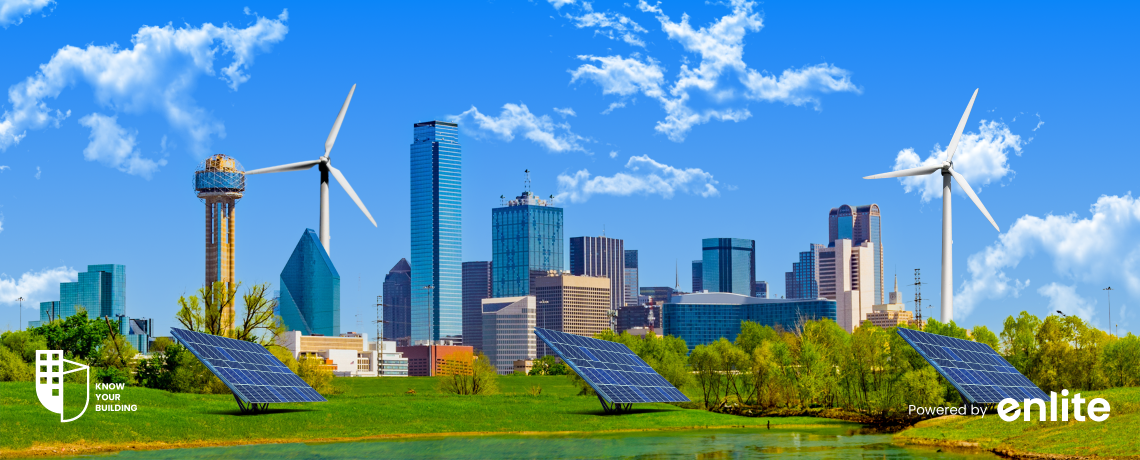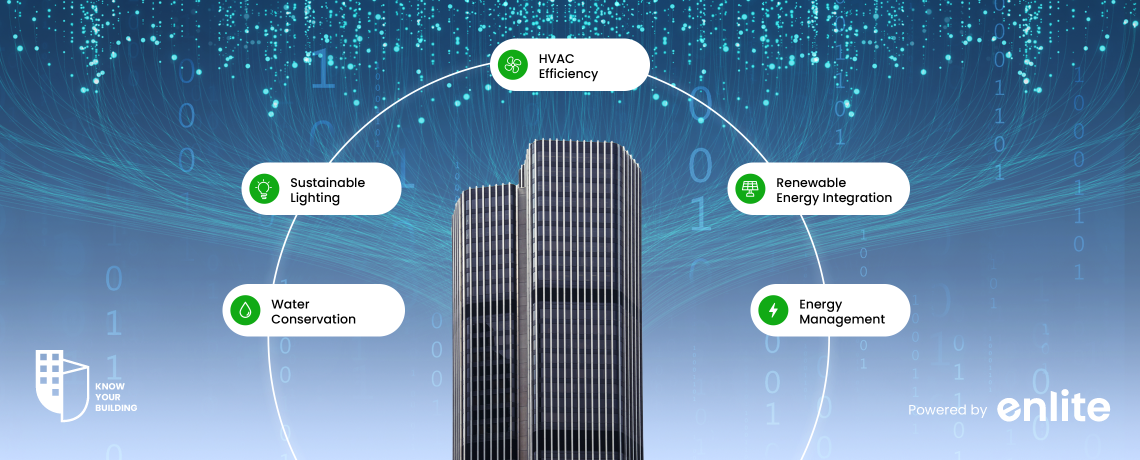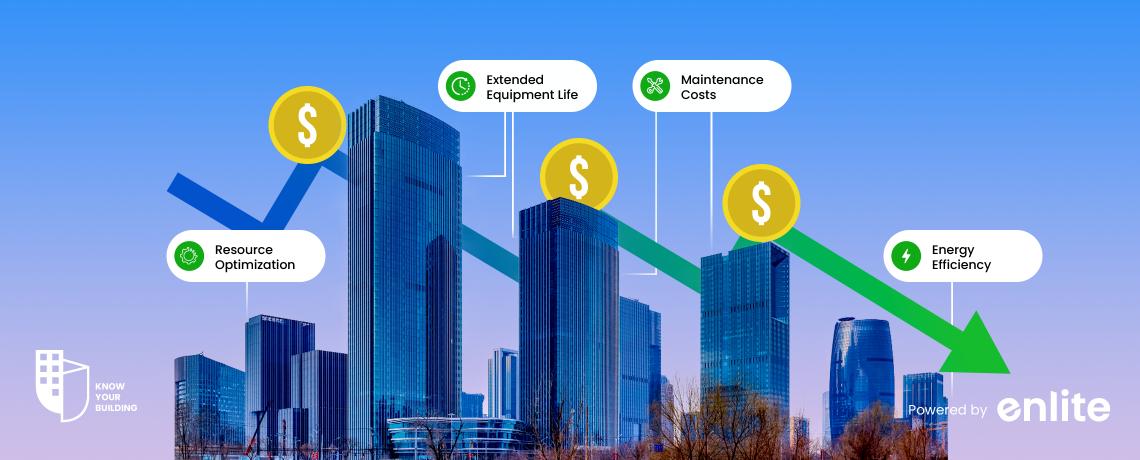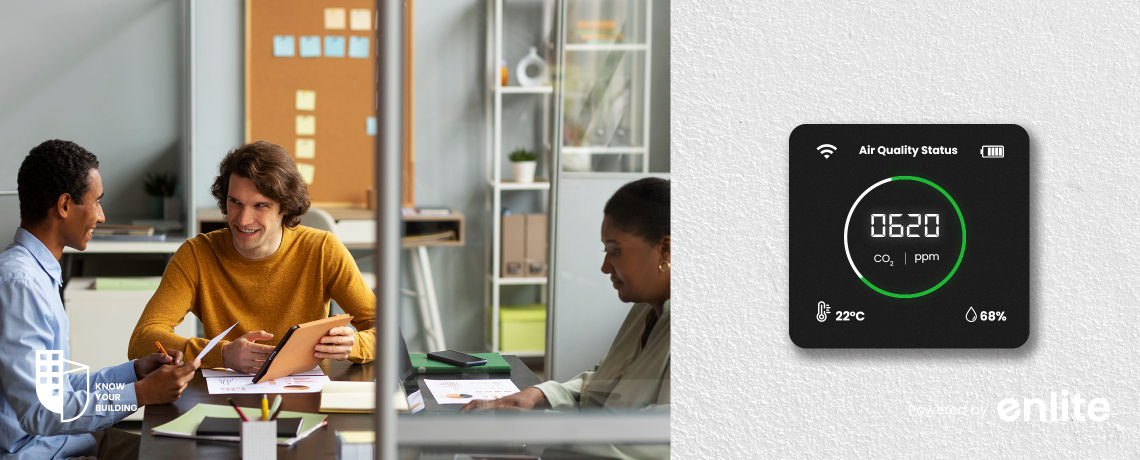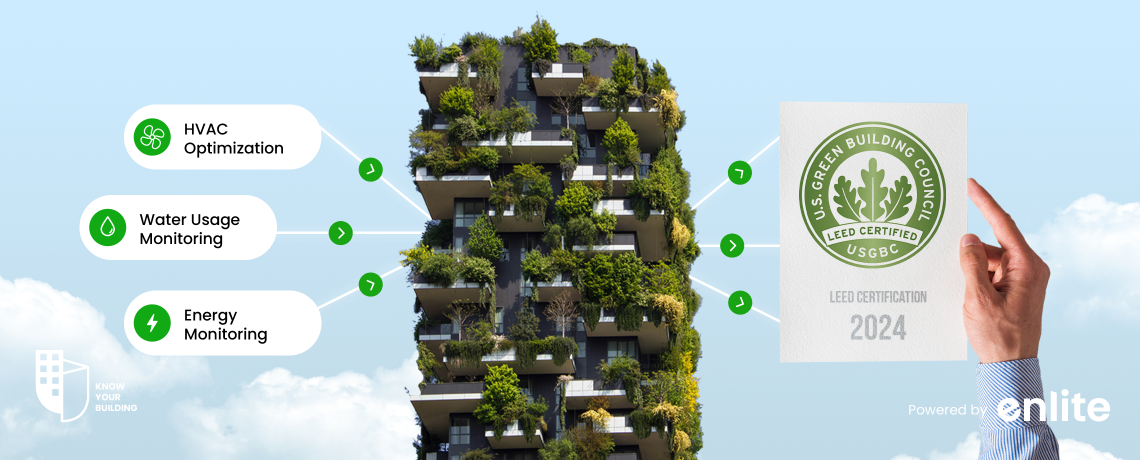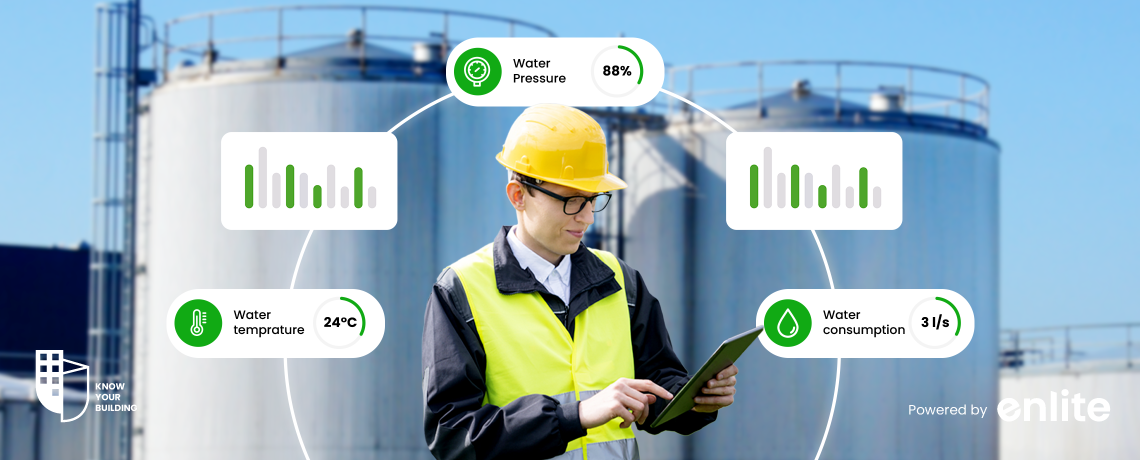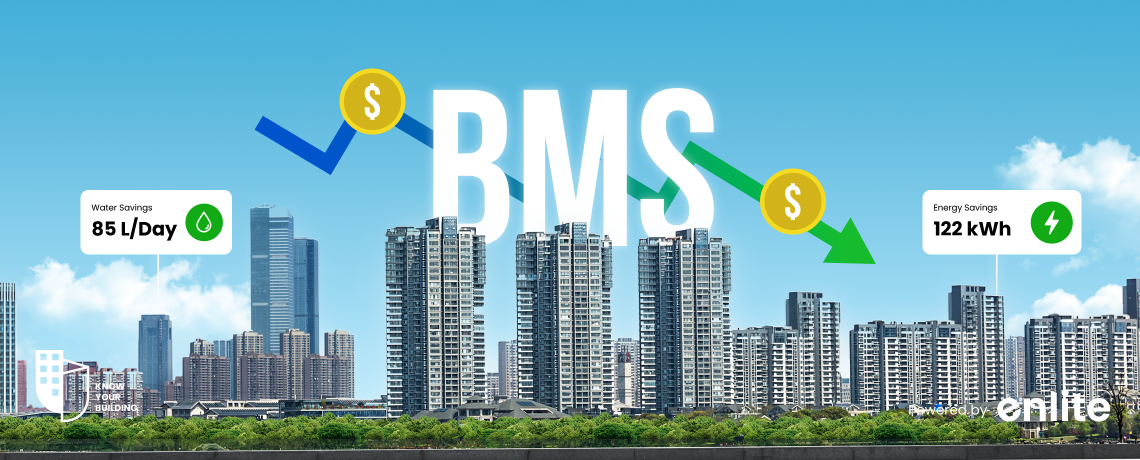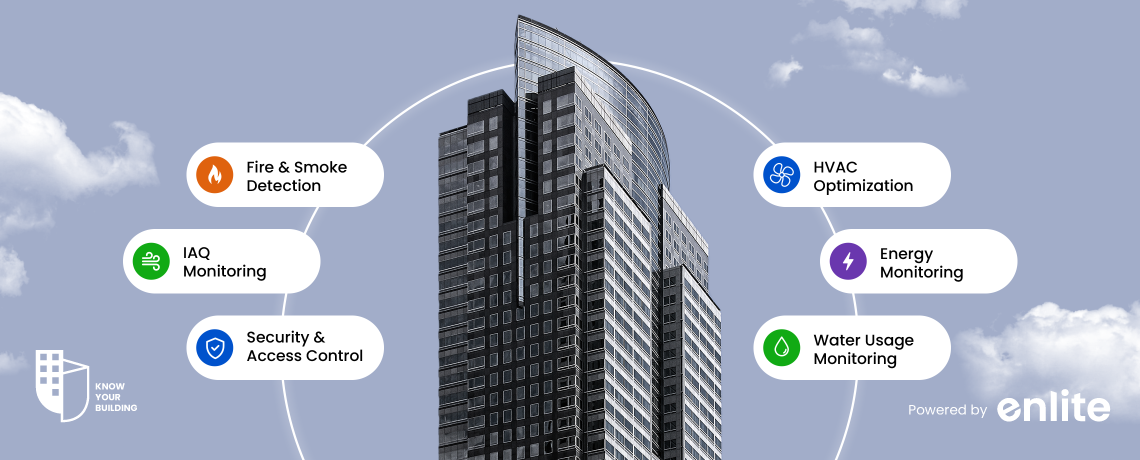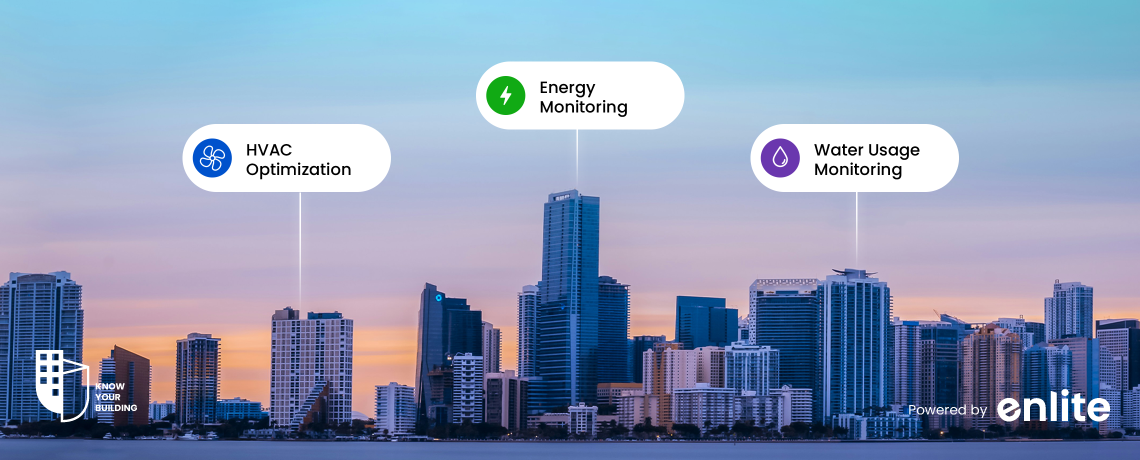In the quest for sustainable development, integrating renewable energy sources into building infrastructure is becoming increasingly vital. Buildings account for a significant portion of global energy consumption and greenhouse gas emissions. By harnessing renewable energy and utilizing advanced Building Management Systems (BMS), we can create efficient, eco-friendly buildings that significantly reduce their environmental impact. The …
Continue reading “Integrating Renewable Energy with Building Management Systems “

